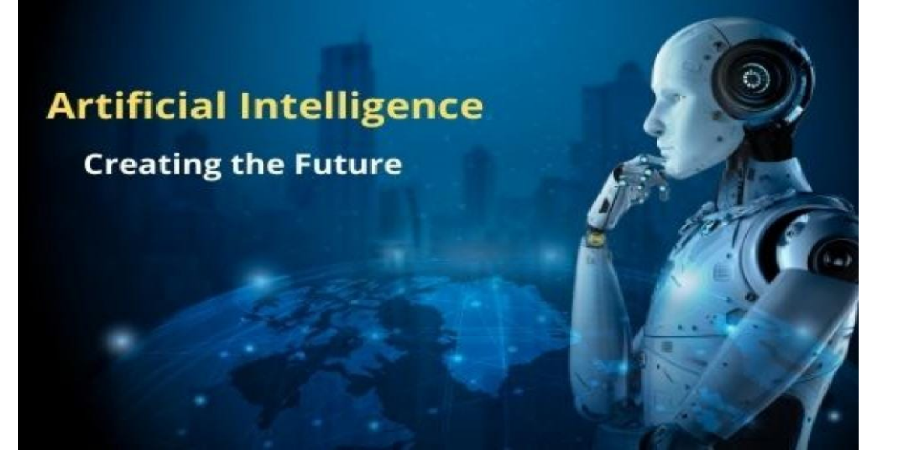

Artificial Intelligence (AI) is no longer a futuristic concept confined to the realms of science fiction; it is a pervasive force shaping the present and setting the stage for the future. As AI continues to evolve, its potential impacts on society, industry, and the very fabric of human life are becoming increasingly profound. In this blog, we will explore what the future holds for AI, the possibilities it presents, and the challenges we must navigate as we stand on the cusp of a new era in technology.
The concept of Artificial General Intelligence (AGI) has long been the holy grail of AI research. Unlike narrow AI, which is designed to perform specific tasks (like recognizing images or translating languages), AGI would possess the ability to understand, learn, and apply intelligence across a wide range of domains, much like a human. While we are still far from achieving AGI, the progress in machine learning, natural language processing, and neural networks is laying the groundwork for future breakthroughs. The realization of AGI could lead to unprecedented advancements in science, medicine, and technology, but it also raises existential questions about the role of humans in a world where machines could potentially surpass our cognitive abilities.
As AI systems become more capable, their impact on the global workforce is inevitable. Automation and AI-driven processes are already transforming industries such as manufacturing, logistics, and customer service. In the future, AI is expected to take on more complex roles, including those in law, finance, and even creative fields like design and writing. This shift presents both opportunities and challenges: while AI could lead to increased productivity and the creation of new industries, it also poses the risk of significant job displacement. The future workforce will need to adapt, with an emphasis on lifelong learning, reskilling, and the development of uniquely human skills that AI cannot replicate, such as emotional intelligence, creativity, and ethical judgment.
The rapid advancement of AI brings with it a host of ethical dilemmas. How do we ensure that AI systems are designed and deployed in ways that are fair, transparent, and accountable? Bias in AI algorithms, privacy concerns, and the potential for AI to be used in harmful ways are just a few of the ethical challenges we face. As AI becomes more integrated into our daily lives, it will be crucial to establish robust frameworks for governance and regulation. This includes developing international standards for AI development, ensuring that AI benefits all of humanity, and addressing the moral implications of creating machines that could one day possess human-like consciousness or autonomy.
AI's influence on society extends beyond the workplace; it is also reshaping the way we interact with each other and the world around us. From AI-driven social media algorithms that influence our opinions to virtual assistants that manage our daily tasks, AI is becoming an integral part of our social fabric. In the future, AI could enhance human relationships by providing personalized companionship, support for mental health, and even facilitating more meaningful connections in an increasingly digital world. However, this also raises questions about dependency on AI and the potential erosion of genuine human interactions.
AI has the potential to play a crucial role in addressing some of the most pressing environmental challenges of our time. From optimizing energy consumption and reducing waste to predicting and mitigating the impacts of climate change, AI-driven solutions could be key to creating a more sustainable future. However, the development and deployment of AI itself are not without environmental costs. The energy required to power large-scale AI models and the data centers that support them contribute to carbon emissions. Balancing the benefits of AI with its environmental footprint will be a critical challenge in the years to come.
The future of AI is filled with promise, but it is also fraught with uncertainty. As we move forward, it is essential to approach AI with a sense of responsibility and foresight. This means investing in education and training to prepare the next generation for an AI-driven world, fostering collaboration between governments, industry, and academia to develop ethical AI frameworks, and ensuring that AI's benefits are shared equitably across society.
Ultimately, the future of AI is not predetermined; it is shaped by the choices we make today. By embracing innovation while remaining vigilant about the challenges ahead, we can harness the power of AI to create a future that is not only technologically advanced but also humane, just, and sustainable.
The horizon of AI is vast, and its potential is boundless. As we venture into this new frontier, let us do so with curiosity, caution, and a commitment to making the world a better place for all.
